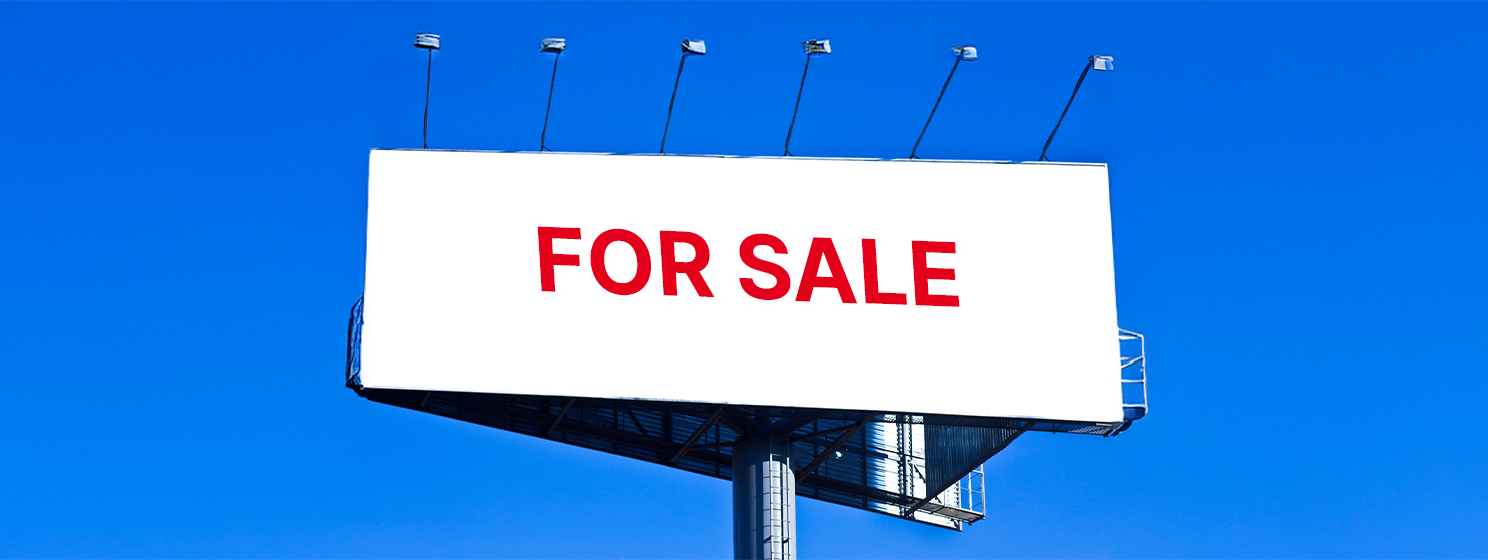|
Getting your Trinity Audio player ready...
|
R3, an enterprise blockchain firm backed by some of the world’s largest banks, is looking for a buyer as the private blockchain market continues to dip.
According to a Bloomberg report, the New York-based firm has also been exploring other strategic options, including a joint venture or selling a minority stake. Among the parties it has held talks with are the Solana Foundation, Avalanche blockchain developer Ava Labs, and Adhara, a blockchain firm targeting financial service firms.
It’s an unremarkable end for a startup once seen as a trailblazer in enterprise blockchain products. In 2014, R3 was founded by a consortium of some top American banks, who believed that private permissioned blockchains would be the next big trend and replace public blockchains like Bitcoin.
Later, it spun out as a private company. By 2019, it had raised over $120 million from some of the biggest names in finance and tech, including Wells Fargo (NASDAQ: WFC), Intel (NASDAQ: INTC), HSBC (NASDAQ: HSBC), Barclays (NASDAQ: BCS), UBS and Bank of America (NASDAQ: BAC). Most of these backers also deployed applications on Corda, R3’s permissioned DLT network.
R3 also struck a high-profile partnership with Ripple, the California company behind XRP that was recently hit with a $125 million fine over securities violations. R3 was to promote Ripple’s products among its banking customers, but the partnership soon soured, ending in a $240 million payment from Ripple in 2018.
It has been downhill since for R3. In 2023, it announced layoffs for 20% of its employees to “not only ensure agility and efficiency throughout the organization but also safeguard R3’s ability to innovate, grow, and deliver for its customers, even in the face of market uncertainties.”
While most of R3’s projects have been abandoned by partners, there have been a few successes. The most notable is its partnership with SIX Digital Exchange (SDX), the digital assets arm of Switzerland’s primary stock exchange; the exchange deployed SDX on Corda in 2019. In the first half of this year, SDX processed nearly $1 billion in digital asset issuances, partnering with UBS, the World Bank, and other notable players.
Despite the promise in its early years, R3’s collapse was inevitable, primarily because its enterprise products were built around permissioned blockchains. As technology has evolved, the need for siloed networks has drastically dipped, with concerns about centralization and security hampering adoption.
Additionally, many concerns that enterprise clients raised years ago about public blockchains, such as privacy and control, have been addressed. BSV allows enterprises to build overlay networks atop the BSV blockchain; these overlays offer the control and privacy of permissioned networks, but all transactions are recorded on the immutable public BSV blockchain.
Watch: Blockchain & Metanet’s role in combating fake news

 03-01-2026
03-01-2026 




